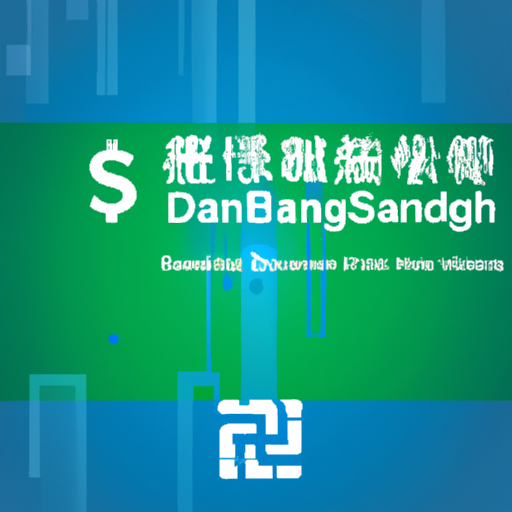Standard Chartered Enables Digital Yuan Integration into Global Financial System
In a significant move, Standard Chartered, a multinational banking giant, has taken a step towards integrating China’s Central Bank Digital Currency (CBDC), also known as the digital yuan, into the global financial system. The bank has started offering exchange services for the digital yuan, enabling its clients to seamlessly transact and invest in this emerging form of digital currency.
The Rise of Digital Currencies
As digital currencies gain wider acceptance and recognition, governments and financial institutions across the world are exploring their potential benefits and implications. China, in particular, has been at the forefront of developing its own CBDC, aiming to digitize its economy and gain better control over its currency.
The digital yuan, backed by the People’s Bank of China, represents a new era in payment systems, providing a secure and efficient means of conducting transactions. With Standard Chartered joining the league of banks offering digital yuan exchange services, it marks a crucial milestone in the globalization of this digital currency.
Standard Chartered Facilitating Global Integration
By providing exchange services for the digital yuan, Standard Chartered is bridging the gap between the Chinese digital currency and the international financial market. The move is expected to encourage cross-border transactions and investments, facilitating increased trade and economic ties between countries.
The availability of digital yuan exchange services to Standard Chartered’s clients will streamline the process of entering and exiting positions in the digital currency, making it more accessible and convenient for individuals and businesses alike. This development opens up opportunities for international investors to diversify their portfolios and participate in the growing digital yuan ecosystem.
Benefits and Challenges
The integration of the digital yuan into the global financial system presents several potential benefits. Firstly, it enhances the efficiency of cross-border transactions by reducing reliance on traditional payment systems, leading to faster and more cost-effective transfers. Secondly, it offers greater transparency and traceability, reducing the risk of fraudulent activities.
However, the widespread adoption of digital currencies also comes with its fair share of challenges. Concerns surrounding data privacy, security, and regulatory compliance need to be effectively addressed to win the trust of users and ensure the stability of the financial ecosystem. As more financial institutions and governments engage with digital currencies, a collaborative effort is required to establish a robust framework that addresses these concerns.
Conclusion: Embracing the Future of Digital Currencies
Standard Chartered’s move to enable digital yuan exchange services reflects the growing acceptance of digital currencies and their potential to revolutionize the global financial landscape. With the integration of the digital yuan into the global financial system, a new era of digital transactions and investments is dawning.
While challenges and concerns persist, it is important to acknowledge the transformative power of digital currencies in enhancing financial inclusivity, efficiency, and security. As more banks and financial institutions follow suit, the global adoption of digital currencies like the digital yuan is likely to accelerate, shaping the future of finance on a global scale.
Hot take: The integration of the digital yuan by Standard Chartered is a significant step in embracing the future of digital currencies. By offering exchange services for the digital yuan, Standard Chartered is facilitating its global integration and opening up opportunities for individuals and businesses to participate in the digital currency ecosystem. While challenges remain, the potential benefits of digital currencies in revolutionizing the financial landscape are undeniable. As the world moves towards a more digitized future, it is essential for stakeholders to collaborate and address concerns to create a secure and inclusive financial environment.
